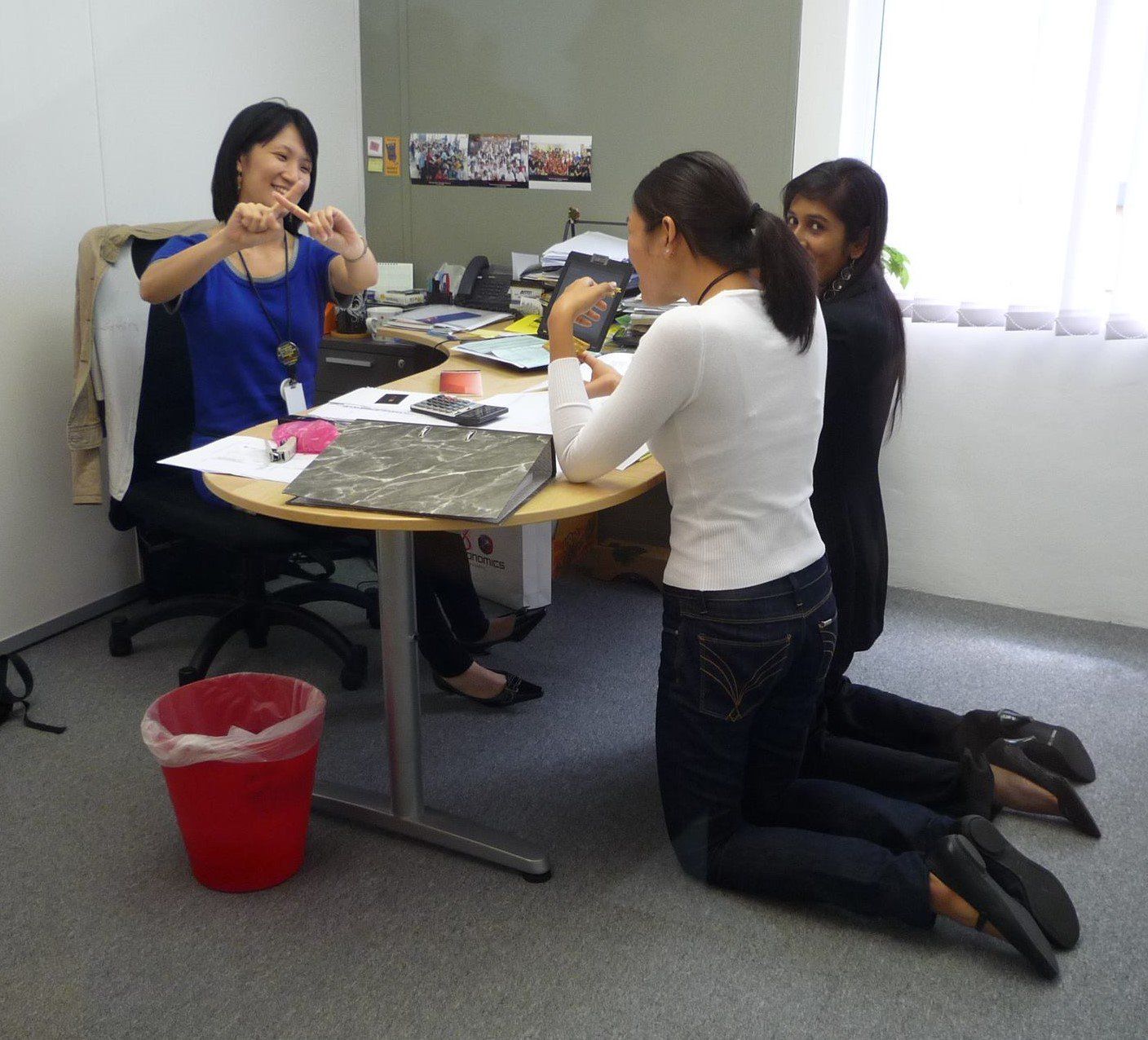Make Difficult Decisions Too Early Rather Than Too Late

Trust a bunch of techies to turn everything into a drinking game, eh?
Difficult decisions, now typical conditions
While the initial shock of the COVID-19 pandemic has begun to die down, the aftereffects can still be felt and for businesses everywhere, things are certainly never going to be the same. Those fortunate and agile enough to weather those first few stormy months find themselves settling into a new groove as they continue to find their footing.
Recently, we sat down with Tim Wong, Chief Revenue Officer at Solace, to learn what strategies they implemented to persevere through the COVID-19 pandemic. Tim brings with him over two decades of experience in marketing and management across multiple continents under IBM before founding Solace, which he has been overseeing for the past five years.
If you'd rather skip past my blabber and watch the interview for yourself, scroll to the bottom of the article and watch the video.
When you need them most, what will your people do?
When asked about challenges faced by Solace, Tim said that among their toughest decisions was to close down all their offices around the world. Additionally, they had to implement a flat 10% salary cut to all employees during their first quarter. There had to be a conscious effort on the part of top management to ensure that everyone in the company understood the context surrounding the decision: survival.
Companies that ruthlessly prioritise nothing but skill during their hiring process must literally pay the price as their star employees leave for greener pastures.
Which is why as things began to pick up, Solace made sure to lift the pay cut.
While it’s no secret that our employees clock in for a paycheque, it’s comforting to know that the vision and purpose behind their work also drives and motivates them. Solace’s position was not unique; tens of thousands of companies around the world have had to negotiate salary cuts. However, companies that ruthlessly prioritise nothing but skill during their hiring process must literally pay the price as their star employees leave for greener pastures.
Read: How Culture Creates Your Brand
Prioritise quality clients
When asked if Solace seized every opportunity that came its way, Tim said that it all came down to staying true to their goal of serving top enterprises in their quest for digital transformation.
 Or as our editor would put it, follow the money.
Or as our editor would put it, follow the money.
While the pandemic certainly presented opportunities to work with smaller companies, it would come at a reduced cost-reward ratio for Solace. Rather than diversifying the range of company sizes it would serve, Solace instead looked to industries that were positively impacted by the pandemic and which would benefit from their services.
One such industry was local farming, which saw increased importance as international food supply chains were heavily disrupted, especially those from China. Along with this increased demand came a need to transition digitally to serve a hungry population who could not leave their homes.
Of their existing clients, Tim said that Solace doubled down and focused on providing the best service they could within the limits of the various lockdowns worldwide. The definition of ‘best service’ differed from client to client, but usually involved some kind of customised product delivery.
Rally the troops
Lots of teams turned to digital meetings as a way to stay connected to each other. As the usual talking and chatting got boring, lots of companies began doing virtual team building, with Solace being no exception. They had a weekly virtual cocktail-making meet, where – you guessed it – employees from all around the world would gather to mix and match that most holy of spirits.
Trust a bunch of techies to turn everything into a drinking game, eh?
Looking back, says Tim, speed was the driving factor behind many important decisions. Within just a few weeks, they decided to close down their offices and implement the company-wide 10% cut. While there’s no certain right or wrong answer, as people, our hindsight tends to be filled with decisions taken too late.
No doubt Tim’s experience contributed to such quick decisions. It also doesn’t hurt that as a digital solutions provider, Solace was spared the worst of COVID-19. No one exists in a vacuum, however, and as other businesses are impacted, Solace knew it had to play its cards right.
This combination of speed, good business sense, and empathy for others seems to be a common thread running through enterprises that have persevered through rough periods, whether in the past, present, and perhaps future.
See Also: Crisis Negotiations:What Will You Do In A Life And Death Situation?
Business
Tags: Business Model





